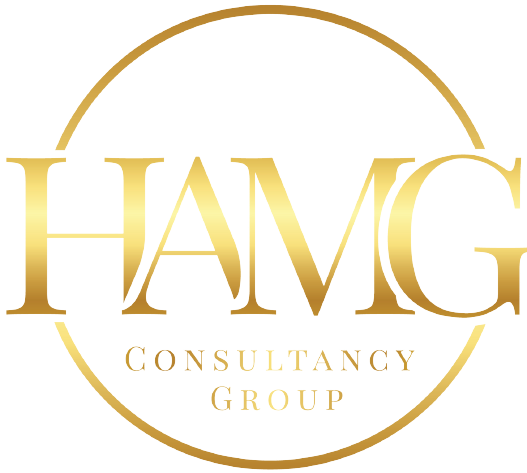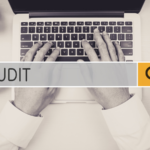Audit evidence plays a critical role in providing assurance to stakeholders regarding the accuracy and reliability of financial statements. As technology advances and business practices evolve, new trends in audit evidence are emerging, transforming the way auditors obtain and evaluate evidence. This part explores some of the key emerging trends in audit evidence and their potential impact on the audit profession.
- Big Data Analytics: The proliferation of data in today’s digital age presents both opportunities and challenges for auditors. Big data analytics involves harnessing advanced data analysis techniques to examine large volumes of structured and unstructured data. Auditors can use data analytics to detect patterns, anomalies, and trends, allowing for more comprehensive and efficient audit procedures. By leveraging big data analytics, auditors can gain deeper insights, identify risks, and focus their attention on areas of higher audit significance.
- Artificial Intelligence and Machine Learning: Artificial intelligence (AI) and machine learning (ML) technologies are revolutionizing various industries, including auditing. AI and ML algorithms can automate repetitive audit tasks, such as data validation, reconciliations, and compliance testing. These technologies can also enhance the detection of potential errors, fraud, and non-compliance by analyzing large datasets and identifying unusual patterns. By leveraging AI and ML, auditors can streamline their processes, increase efficiency, and focus on higher-value activities that require professional judgment.
- Continuous Auditing and Monitoring: Traditionally, audits have been conducted periodically, typically once a year. However, emerging trends emphasize the shift towards continuous auditing and monitoring. Continuous auditing involves real-time or near-real-time analysis of financial transactions, allowing auditors to identify issues promptly and provide timely recommendations. Continuous monitoring involves the ongoing assessment of internal controls and key performance indicators to identify anomalies and potential risks. These approaches provide auditors with a more proactive and dynamic view of an organization’s financial health and control environment.
- Remote Auditing and Digital Collaboration: Advancements in technology and the global pandemic have accelerated the adoption of remote auditing and digital collaboration tools. Auditors can now conduct audits remotely, leveraging video conferencing, cloud-based document sharing, and secure communication platforms. This trend allows auditors to access relevant evidence and communicate with clients and team members in a more efficient and flexible manner. Remote auditing not only increases productivity but also reduces travel costs and minimizes the environmental impact of audit activities.
Emerging trends in audit evidence reflect the transformative impact of technology and evolving business practices on the audit profession. Big data analytics, artificial intelligence, machine learning, blockchain technology, continuous auditing, and remote auditing are reshaping the way auditors obtain and evaluate evidence. These trends offer opportunities for auditors to enhance the efficiency, effectiveness, and reliability of audits while enabling them to provide more valuable insights to stakeholders. As auditors embrace these emerging trends, they must also address associated challenges, such as data privacy, security, and ethical considerations, to ensure the integrity and trustworthiness of audit evidence in the digital age.




